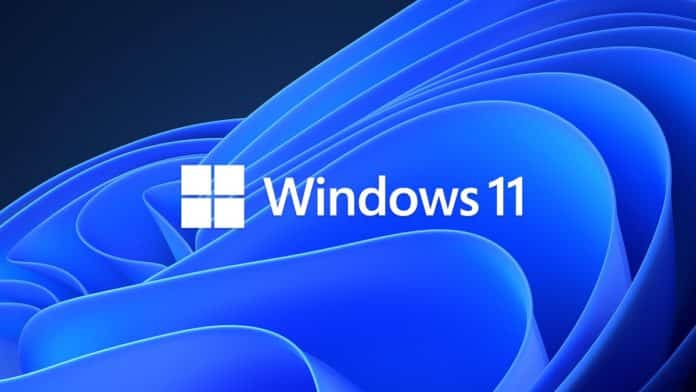A recent Microsoft Windows 11 21H2 update is enabling Virtualization-based Security (VBS), also called “Core Isolation” in Windows Security by default, according to a new report featured in the MSI_Gaming subreddit.
For the unversed, VBS or Core Isolation provides “added protection against malware and other attacks by isolating computer processes from your operating system and device.”
As a result, this is halting overvolting and undervolting software enablement on MSI motherboards that use Intel 400/500 CPUs.
In other words, anyone using tweaking tools like Intel’s Extreme Tuning Utility (XTU), MSI’s Afterburner, and others, on an affected system are unable to overvolt or undervolt the CPU in Windows. For instance, XTU may display “overclocking is disabled” on a system completely capable of overclocking.
When the update is installed, it allows the virtualization of Windows 11 systems, which Microsoft calls as “Memory Integrity” in Windows 10 and 11’s security app.
The actual cause of the issue is the enablement of VBS or Core Isolation on Windows 11, which blocks access to the registries in the operating system, such as the overclocking mailbox (MSR 150h) that are required to support things like overclocking, overvolting, or undervolting chips. This registry lockout even blocks monitoring apps like CPU-Z.
It’s worth noting that VBS is also present on Windows 10, but it is not enabled by default. This means that Windows 11 is the only operating system that is affected by the problem. VBS will enable itself automatically only if Windows 11 is cleanly installed onto a system or if the new Windows update is installed.
Thankfully, MSI has already fixed this bug in Intel 600 chipset. However, the BIOS is still under testing and should be released soon.
Those affected, need to simply turn off the VBS feature by going to the Device Security category in the Windows Security app in Windows 11, install the Core Isolation, and disable Memory Integrity to turn off VBS.

